Life
Sign up for our newsletter
We summarize the week's scientific breakthroughs every Thursday.
-
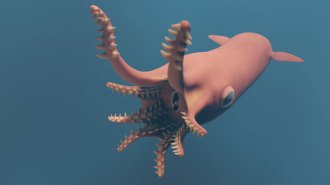 Paleontology
PaleontologyVampire squid are gentle blobs. But this ancestor was a fierce hunter
New fossil analyses of 164-million-year-old ancestors of today’s vampire squid show the ancient cephalopods had muscular bodies and powerful suckers.
-
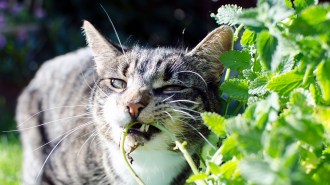 Chemistry
ChemistryCats chewing on catnip boosts the plant’s insect-repelling powers
When cats tear up catnip, it increases the amount of insect-repelling chemicals released by the plants.
By Anil Oza -
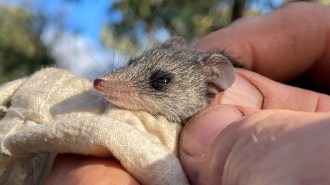 Animals
AnimalsThese tiny marsupials survived wildfires only to face extinction from feral cats
The Kangaroo Island dunnart was one species seen to reemerge after 2019–2020 Australian bushfires but is now closer than ever to extinction.
By Asa Stahl -
 Ecosystems
EcosystemsSome polar bears in Greenland survive on surprisingly little sea ice
“Glacial mélange” could provide a last refuge for some bears as the Earth warms, but climate action is needed to preserve the species, researchers say.
By Nikk Ogasa -
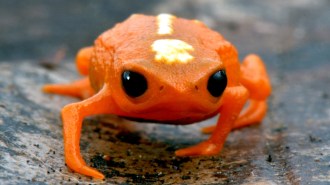 Animals
AnimalsHere’s why pumpkin toadlets are such clumsy jumpers
Tiny Brachycephalus frogs from southern Brazil can leap into the air but have trouble landing.
By Meghan Rosen -
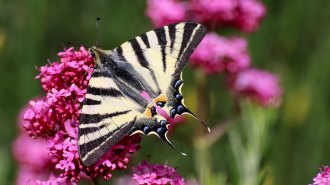 Animals
AnimalsButterflies may lose their ‘tails’ like lizards
Fragile, tail-like projections on some butterflies' wings may be a lifesaver.
By Jake Buehler -
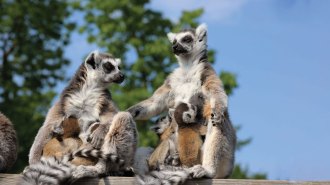 Life
LifeLucy Cooke’s new book ‘Bitch’ busts myths about female animals
Female animals get their due in Lucy Cooke’s exploration of the roles of the sexes in biology and evolution.
-
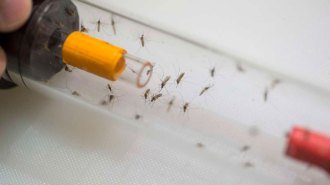 Animals
AnimalsMosquitoes prefer dozing over dining when they are sleep-deprived
Mosquitoes repeatedly shaken to prevent slumber lag behind well-rested ones when offered a researcher’s leg to feed on, new experiments show.
By Anna Gibbs -
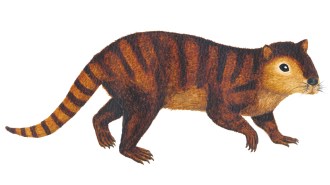 Paleontology
PaleontologyHow mammals took over the world
In the book The Rise and Reign of the Mammals, paleontologist Steve Brusatte tracks the evolutionary innovations that made mammals so successful.
-
 Ecosystems
EcosystemsJust 3 ingredients can quickly destroy widely used PFAS ‘forever chemicals’
Ultraviolet light, sulfite and iodide break down enduring PFAS molecules faster and more thoroughly than other UV-based methods.
By Nikk Ogasa -
 Genetics
GeneticsWho decides whether to use gene drives against malaria-carrying mosquitoes?
As CRISPR-based gene drives to eliminate malaria-carrying mosquitoes pass new tests, the African public will weigh in on whether to unleash them.
-
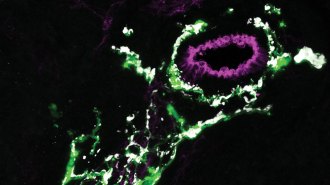 Neuroscience
NeuroscienceGlial cells may take on big jobs in unexpected parts of the body
Scientists are finding mysterious glia in the heart, spleen and lungs and wonder what they’re doing there.